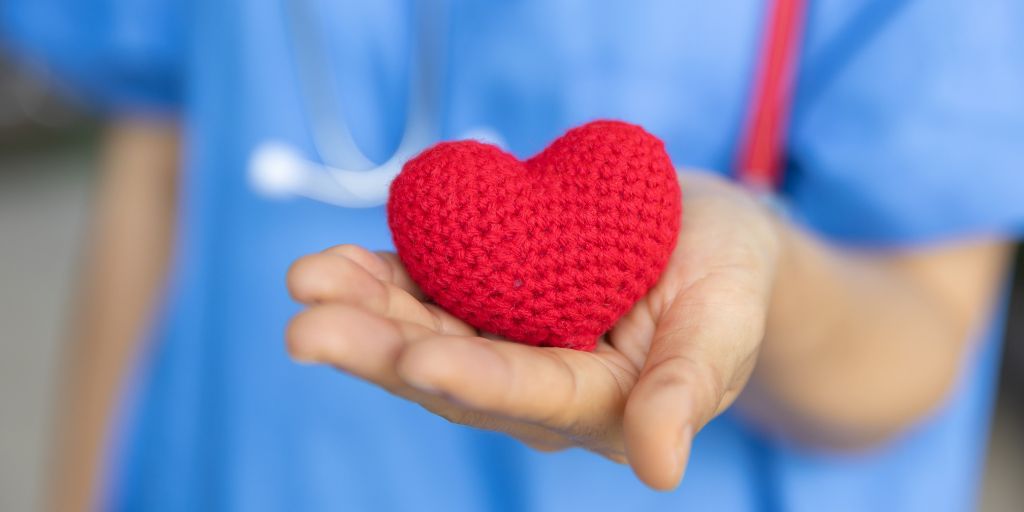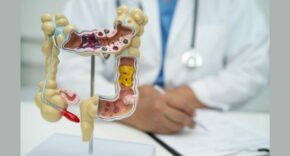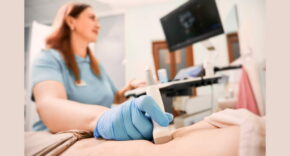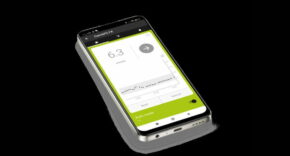
It’s World Heart Day falls on Monday (September 29) and the cardiac rehabilitation team at North Cumbria Integrated Care NHS Foundation Trust is asking everyone to take care of their hearts.
Recognising the possible signs of a heart attack – and anything that may be unusual for you – is essential in being able to get help quickly.
The Cardiac Rehab team at NCIC will have a stand in the atrium at The Cumberland Infirmary on Monday to raise awareness of the work they do and will be offering blood pressure checks and giving out information on heart health as well as talking to people about risk factors and lifestyle.
Lesley Barlow, Cardiac Rehab Clinical Lead at The Cumberland Infirmary and West Cumberland Hospital, said: “Cardiac Rehabilitation (CR) is a research-based program led by a multidisciplinary team—including specialist nurses, exercise practitioners, physiotherapists, and admin support—designed for people recovering from acute cardiac events like myocardial infarction (heart attack), elective percutaneous coronary intervention (PCI) or surgery.
“CR offers structured health education and supervised group-based exercise to improve fitness, manage risk factors, enhance quality of life, and reduce future cardiac risks. Specialist nurses meet patients in hospital to provide education, psychological support, and identify risk factors, then patients are followed up after discharge with comprehensive assessments and personalised exercise plans, typically including eight weeks of tailored classes and options for long-term maintenance.
“Recently, the service has expanded to community venues like The Sands Centre, Penrith Leisure Centre and Wigton Hospital to improve accessibility, especially for rural patients. Along with exercise, CR education focuses on medication adherence, healthy diet, stress management, smoking cessation, and reducing alcohol intake. CR also promotes peer support, boosts confidence, and empowers patients to adopt healthier lifestyles.”
Heart attack symptoms and signs can vary from person to person but can include squeezing across the chest and a feeling of unease. Symptoms don’t always feel severe and some people may have other symptoms such as shortness of breath, feeling or being sick and back or jaw pain without any chest pain. Anyone experiencing heart attack symptoms should call 999.
People’s chances of surviving a heart attack are far higher if they seek care earlier – overall around seven in 10 people survive a heart attack, which increases to more than nine in 10 for those who reach hospital early to receive treatment.
While the most common symptom is chest pain, symptoms can vary from person to person. Other symptoms of a heart attack can include:
· a feeling of pain, pressure, heaviness, tightness or squeezing across your chest
· pain in other parts of the body – it can feel as if the pain is spreading from your chest to your arms (usually the left arm, but it can affect both arms), jaw, neck, back and tummy
· feeling lightheaded or dizzy
· sweating
· shortness of breath
· feeling sick (nausea) or being sick (vomiting)
· an overwhelming feeling of anxiety (similar to a panic attack)
· coughing or wheezing.
Visit www.nhs.uk/conditions/











